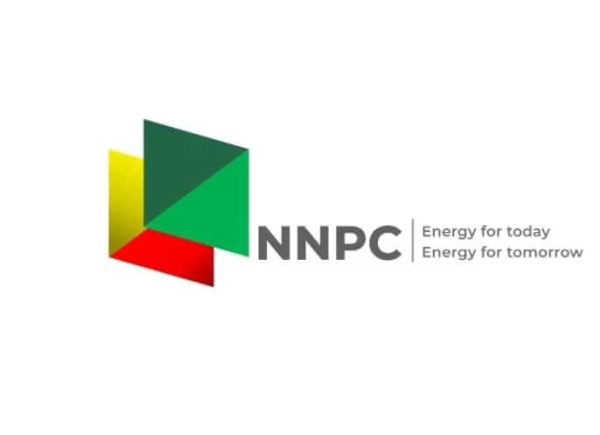The Nigerian National Petroleum Company Limited (NNPCL) has revealed that it was actively reviewing its strategy for the rehabilitation of state-owned refineries and has not ruled out the possibility of selling some of the assets, the company’s group chief executive officer, Bayo Ojulari, has revealed.
Speaking on the sidelines of the 9th OPEC International Seminar in Vienna, Austria, Ojulari acknowledged the growing complexities in revamping Nigeria’s ageing refineries, including those in Port Harcourt, Warri, and Kaduna. Despite significant investments and the introduction of new technologies over recent years, the rehabilitation efforts have faced persistent challenges.
“Some of those technologies have not worked as we expected so far. Also, when you’re refining in a very old refinery that has been abandoned for some time, it’s becoming a little bit more complicated,” Ojulari said.
He confirmed that a comprehensive review of all refinery strategies is currently underway and is expected to be completed before the end of 2025. The outcome of this review may lead to changes in how the refineries are managed or operated.
When asked if the review could result in the sale of any refineries, Ojulari stated, “Sale is not out of the question. All options are on the table, to be frank, but that decision will be based on the outcome of the reviews we’re doing now.”
The Port Harcourt refinery, which resumed limited crude processing in November 2023, was shut down again in May 2025 for maintenance, while the Warri and Kaduna refineries remained under rehabilitation.
Ojulari also highlighted the high operating costs of crude production in Nigeria, currently estimated between $25 and $30 per barrel, largely due to substantial investments in pipeline security that have improved pipeline availability to 100 per cent.
Looking ahead, NNPCL said it aims to increase Nigeria’s oil production capacity to 2 million barrels per day by 2027, with gas production also targeted to grow from 7 billion to 10 billion cubic feet per day within the same timeframe.
The ongoing refinery review signals a potential strategic shift for Nigeria’s oil sector, as the oil company balances the challenges of reviving legacy infrastructure with the need to meet growing domestic and global energy demands.





